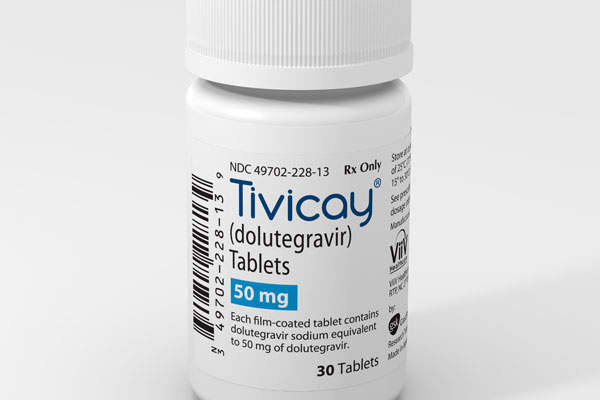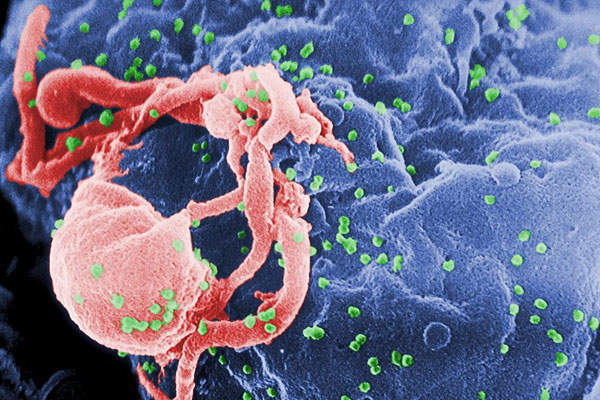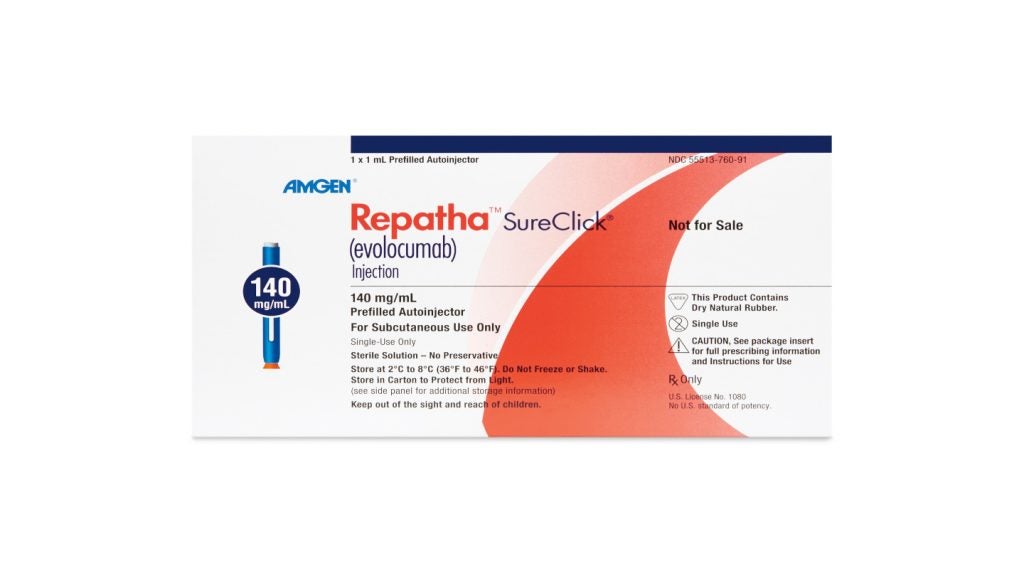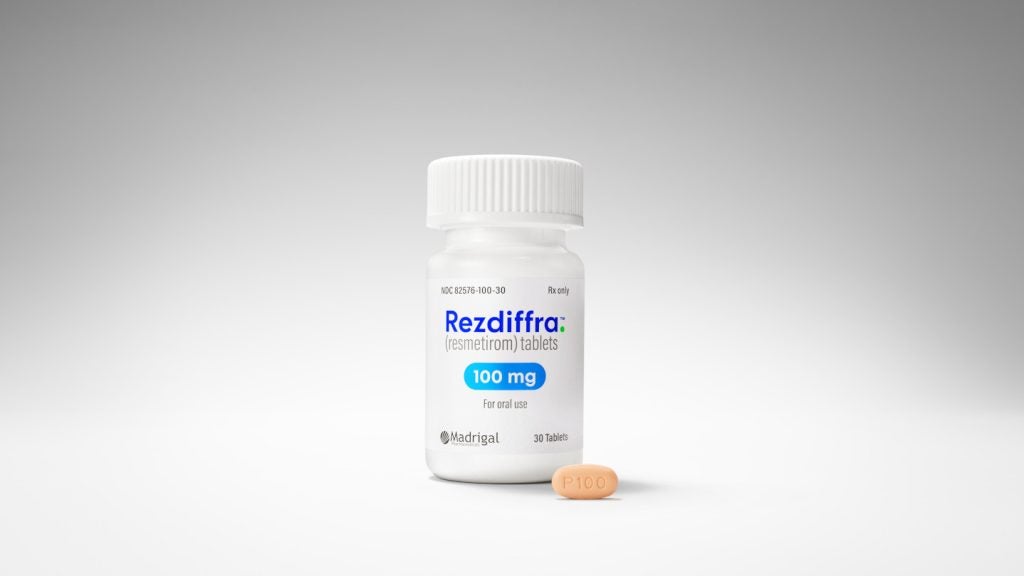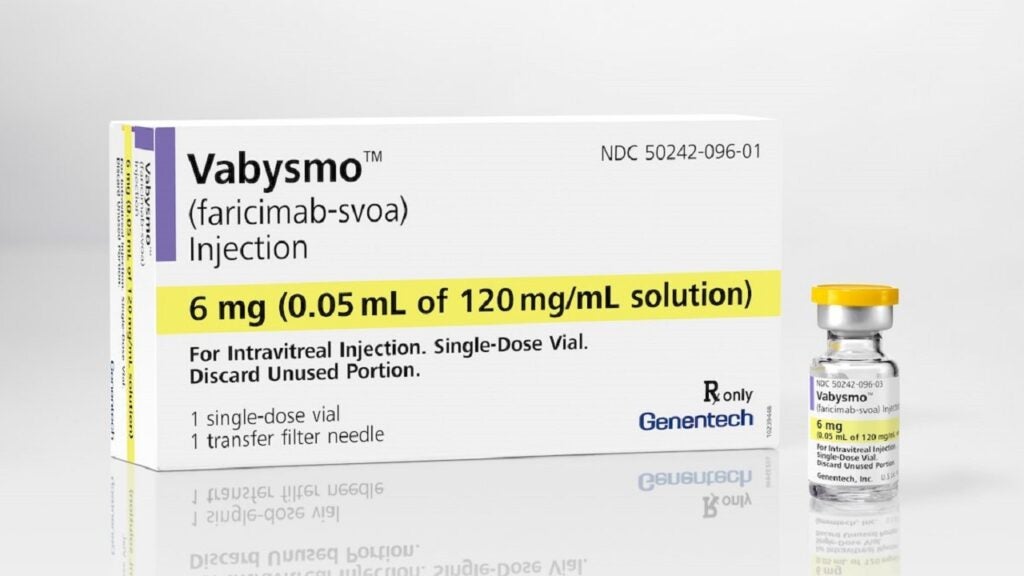
Rydapt® (midostaurin) is a multi-targeted inhibitor of multiple kinases including FMS-like tyrosine kinase 3 mutation-positive (FLT3+) and KIT approved for the treatment of acute myeloid leukaemia (AML) and three types of advanced systemic mastocytosis (SM) indications.
Developed by Novartis, Rydapt® obtained priority review status from the US Food and Drug Administration (FDA) for FLT3+ AML and three systemic mastocytosis indications including aggressive systemic mastocytosis (ASM), systemic mastocytosis with associated haematological neoplasm, (SM-AHN) and mast cell leukaemia. The drug also received breakthrough therapy and orphan drug designations.
Novartis achieved marketing approval for Rydapt® from the FDA in April 2017.
Targeting acute myeloid leukaemia and systematic mastocytosis
AML is a type of blood cancer, which first develops in bone marrow. The disease is characterised by rapid growth of abnormal white blood cells with a low survival rate. AML with FMS-like tyrosine kinase 3 (FLT3) mutation-positive increases the number of such blood cells and can also result in faster disease progression.
Symptoms of AML include anaemia, tiredness, dizziness, paleness, frequent or repeated infections, and increased or unexplained bleeding or bruising due to a very low platelet count.
It is estimated that approximately 21,000 people in the US will be diagnosed with AML in 2017, while one-third of them will have a FLT3 gene mutation.
SM is a rare blood disorder characterised by uncontrolled growth of neoplastic mast cells, which accumulate in the liver, spleen, bone marrow, and small intestines. The disease is caused by somatic mutations in the KIT gene.
The symptoms of SM include spots on the inner thighs or stomach, shortness of breath, low blood pressure, hives, and swelling, as well as itching, nausea, vomiting, diarrhoea, fainting, uterine cramps or bleeding, flushing, and musculoskeletal pain.
Rydapt’s mechanism of action
Rydapt® is an oral, multi-targeted inhibitor of multiple kinases including FLT3 and KIT. The drug regulates essential cell processes and breaks off cancer cells’ ability to grow and proliferate.
The drug is available in oral capsules with a 25mg dose.
Clinical trials on Rydapt (midostaurin)
FDA approval of Rydapt® was based on results obtained from a phase III clinical study known as RATIFY (CALGB 10603 [Alliance]). The clinical trial was conducted by Novartis in association with the Alliance for Clinical Trials in Oncology and its 13 contributing international co-operative groups. It was one of the largest clinical trial conducted in newly diagnosed FLT3-mutated AML patients.
The study screened 3,279 AML patients for the FLT3 mutation and enrolled 717 patients regardless of their cytogenetic status.
Results of the RATIFY study demonstrated that patients treated with Rydapt® plus chemotherapy experienced significant improvement in overall survival, with a 23% reduction in the risk of death compared to treatment with chemotherapy alone. Event-free survival (EFS) was 8.2 months in the Rydapt® plus chemotherapy arm compared to three months in chemotherapy alone arm.
The most adverse reaction found in patients treated with Rydapt® plus chemotherapy included febrile neutropenia, nausea, vomiting, mucositis, headache, musculoskeletal pain, small red skin spots, device-related infection, epistaxis, hyperglycaemia, and upper respiratory tract infections. The frequent grade 3/4 adverse reactions found in the study were febrile neutropenia, device-related infection, and mucositis.
FDA approval for Rydapt® for the treatment of advanced SM, including aggressive systemic ASM, SM-AHN, and mast cell leukaemia was based on the results from two single-arm open-label multi-center clinical trials.
Results from the clinical studies showed that Rydapt®’s efficacy was established on the basis of confirmed complete remission (CR) plus incomplete remission (ICR) by six cycles of treatment per the modified Valent criteria. The studies also showed an overall response rate of 21%.
The efficacy was assessed in a post-hoc analysis with the help of the 2013 International Working Group-Myeloproliferative Neoplasms Research and Treatment-European Competence Network on Mastocytosis (IWG-MRT-ECNM) consensus criteria.
The most frequent adverse reactions found during the clinical studies in patients treated with Rydapt® included nausea, vomiting, diarrhoea, oedema, musculoskeletal pain, abdominal pain, fatigue, upper respiratory tract infection, constipation, pyrexia, headaches, and dyspnea.
The most frequent Grade 3 adverse reactions found during the clinical studies included fatigue, sepsis, gastrointestinal haemorrhage, pneumonia, diarrhoea, febrile neutropenia, oedema, dyspnea, nausea, vomiting, abdominal pain, and renal insufficiency.


